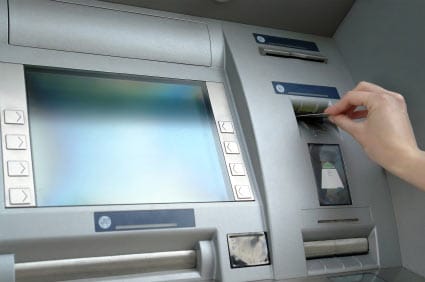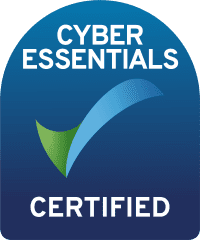HMRC plans to recover unpaid tax from the bank accounts of alleged debtors has been branded “unconstitutional” by the Institute of Chartered Accounts in England and Wales (ICAEW).
A three month public consultation on the Direct Recovery of Debt (DRD) initiative ended yesterday (29th July). The ICAEW says the plans are “unconstitutional and wrong in principle”, and accuses HMRC of failing to say why it needs the powers.

Current rules mean HMRC can only take money directly from bank accounts with legal authorisation from a magistrate or judge.
Under the new plans, if the account holder owes more than £1,000 and has failed to act on four formal warnings requesting payment, tax officials will have the power to take money from their bank account without legal permission.
Although the Revenue must leave a minimum of £5,000 in the account, the Forum of Private Business (FPB) said the self-employed and small businesses will be the hit hard and anticipate that 17,000 debtors a year will be targeted, with 85% of those being self-employed or self-assessed.
Alexander Jackman of the Forum of Private Business said: “Many of our members already feel that they are unfairly targeted by HMRC and these proposals do little to dispel this commonly held belief.
“Small firms are only just recovering from the increased regulatory burden of Real Time Information on their accounts and this is only set to increase with the introduction of pension auto-enrolment.
“As a result, this makes them extremely wary of any plans to give additional powers to the taxman.”
The Low Incomes Tax Reform Group (LITRG) said the new rules would inflict disproportionate financial and human cost on vulnerable taxpayers.
LITRG chairman Anthony Thomas said: “It is deeply disturbing that recipients of tax credit overpayments, a group already vulnerable to administrative error, are to be included in the list of debts in respect of which the proposals may be applied.
“Errors, which are bound to occur in many such cases, could force choices upon these debtors about whether to heat their homes or go hungry, particularly where any remaining funds in the bank account are already earmarked or to pay other pressing creditors.
“It is also unclear what safeguards will protect the debtor against mistakes by banks or deposit takers called upon by HMRC under the proposed power and what compensation would be payable for such errors.”


